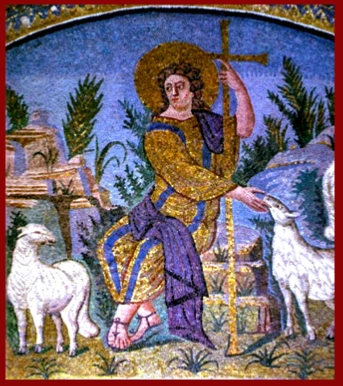The Shepherd of Hermas, a Christian literary work of the 2nd century, stands out for its ethical parables that delve into the virtues of faith, hope, and charity. This post explores the richness of these parables, their historical context, and the timeless lessons they offer.
Decoding the Parables’ Ethical Teachings
The parables in the Shepherd of Hermas are rich in moral instruction, reflecting the Christian ethical standards of the early Church. These teachings emphasize repentance, humility, and the avoidance of sin, providing a guide for Christians to live a virtuous life. The text’s allegorical style serves as an effective medium for conveying these deep moral truths.
Historical Context of Hermas’ Parables
Written in a time when the Christian Church was still finding its footing, the Shepherd of Hermas reflects the ethical challenges and religious questions of the early Christian community. Understanding this context is key to appreciating the parables’ emphasis on moral rectitude and spiritual discipline, as they offered guidance to a community grappling with its identity and values.
Exploring Themes of Repentance and Virtue
A central theme in the Shepherd of Hermas is repentance. The parables depict various scenarios where the characters are faced with moral dilemmas, encouraging readers to reflect on the importance of repentance and forgiveness in their spiritual journey. These stories also highlight virtues such as honesty, faithfulness, and chastity, advocating a life aligned with Christian teachings.
Relevance of Hermas’ Parables Today
The ethical parables of the Shepherd of Hermas remain relevant in today’s world. They provide insights into the early Christian ethos and offer timeless lessons on leading a morally upright life. The text invites contemporary readers to examine their own moral choices and the role of ethics in their spiritual beliefs.
In exploring the ethical parables in the Shepherd of Hermas, we gain not only a deeper understanding of early Christian literature but also valuable lessons on living a virtuous life in any era.


Leave a Reply